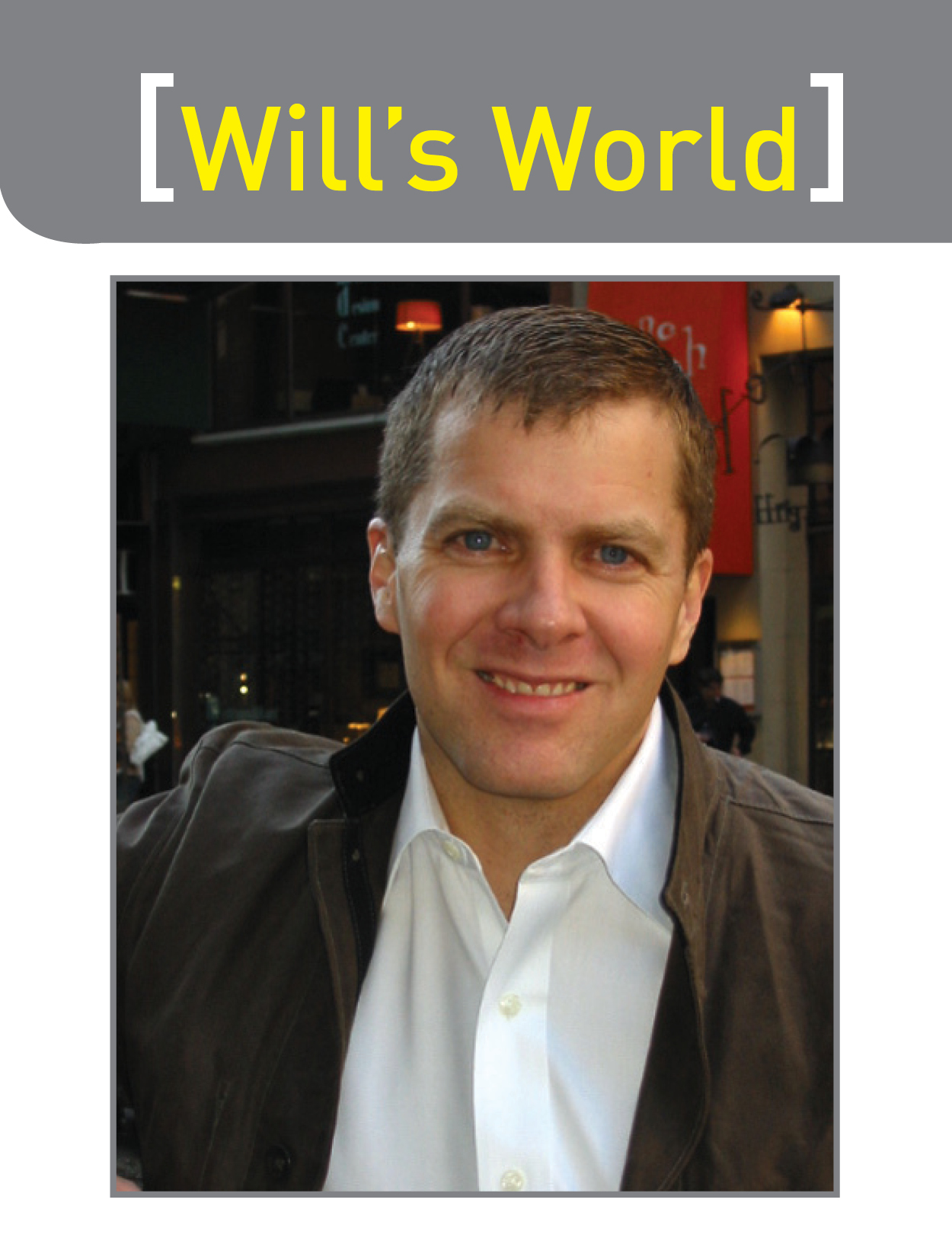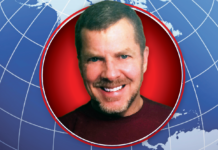By Will Carlin
On a cold, wet and rainy weekend in the fall of 1982, a tournament was held at the Hartford Golf Club in Connecticut. Despite its important-sounding name, the Connecticut-Western Mass Championships nevertheless was a small event. As often was the case back in the hardball era, you couldn’t just enter the championship; you had to be invited.
I was one of the invitees that year, and my coach at Yale, Steve Gurney (Dave Talbott would take the reins of the program the following year), agreed to drive me to the club. I was a sophomore at the time, and I still was nervous when I entered any tournament.
My tension increased when we got to the club and saw the draw for the first time. It seemed like the whole Williams team had decided to show up. The Williams team that year was filled with great players, and Greg Zaff—who later would become the founder of SquashBusters—was their number one man.
Greg has become so well known for his inner-city squash leadership that many may not realize that he also was a phenomenal player. He played No. 1 for all four years at Williams in both squash and tennis, reached the Intercollegiate squash finals as a senior in 1984, was featured in Sports Illustrated’s Faces in the Crowd for being the last person to be named All America in both tennis and squash, and later got as high as No. 2 in the world in pro hardball. I was in awe of him.
Also on that Williams team, though, were Tom Harrity (a five-time U. S. Hardball National champion), Billy Nau ‘84, and Jamie King ‘84, who has been the tennis and squash coach at Hamilton College for the last decade. All four of them were at the Hartford tournament, where Zaff was the top seed.
As the weekend went along, Zaff made the semifinals easily where he ran into an “older” (probably in his late twenties) player who didn’t play a lot of tournaments, but was known as being very tough. He played the match of his life and somehow beat Zaff in a tight four-game match. On the other side of the draw, I had played nothing but five-game matches, but somehow had squeaked my way into the finals.
The season before this, the Yale-Williams match had been played in Williamstown, and I was heavily favored in my match against Bill Nau at number three. The crowd had been loud, my nerves got the better of me, and Nau never gave me a chance to gain a foothold in the match. I lost quickly and quietly.
I was sitting outside the court trying to understand how nerves could undermine me so much when Sean Sloane, the then-Williams coach, came over to me and sat down. I was a little surprised, but he asked me how I was doing and suddenly we were deep in conversation. Almost thirty years later, that conversation seems endless to me, though it probably lasted fewer than five minutes. At the end of it, he gave me an advance copy of a mental training pamphlet that I came to cherish and soaked up like a sponge.
The semifinal matches at the Golf Club were played on Sunday morning, and there was a luncheon between the semis and the finals. I remember thinking it was odd that the Williams guys were still there for lunch since they had a long drive home, but I was even more confused when I walked onto the court for the finals, looked up in the stands and saw the four Williams guys. They were still here?
It is important to understand that Williams and Yale were college rivals and that my opponent had beaten two of them on the way to the finals; I knew that they would be rooting against me. After the warm-up, however, I heard three words that stunned me as much as any three words ever have: “Let’s go, Will.” It was Zaff’s voice. They were rooting for me. Even now, I get chills thinking about it.
The finals was another five-game affair, and as the hour got later, the Williams guys not only stayed in the stands, but their cheers for me became more insistent as the match got tighter and the crowd got louder.
Perhaps I shouldn’t have been surprised. Their coach, after all, was the same man who regularly told them stories about players who called points against themselves in the biggest of moments; he was the same man who, over the course of his squash coaching career, took four players who had never played squash before and molded them into All Americas, and he was the same man who sat with an opposing team’s player after a crushing defeat and shared with him the principles of mental toughness.
Winning that tournament started to put me on the squash map, but I honestly can’t remember a single point from the match. What is burned in my memory, however, is looking up into the stands afterwards to mouth the words “thank you” to the four Williams guys and seeing them with big smiles giving me the thumbs up.
Two years ago, the College Squash Association decided to name the college team sportsmanship trophy after Coach Sean Sloane. I am sure he deserved it for the 12 years he served as coach at Haverford College (he retired as squash coach last year, but remains their tennis coach), but I know he deserved it as coach at Williams, where—on a rainy Sunday back in the eighties—four members of his squad made an opponent feel like a teammate.



